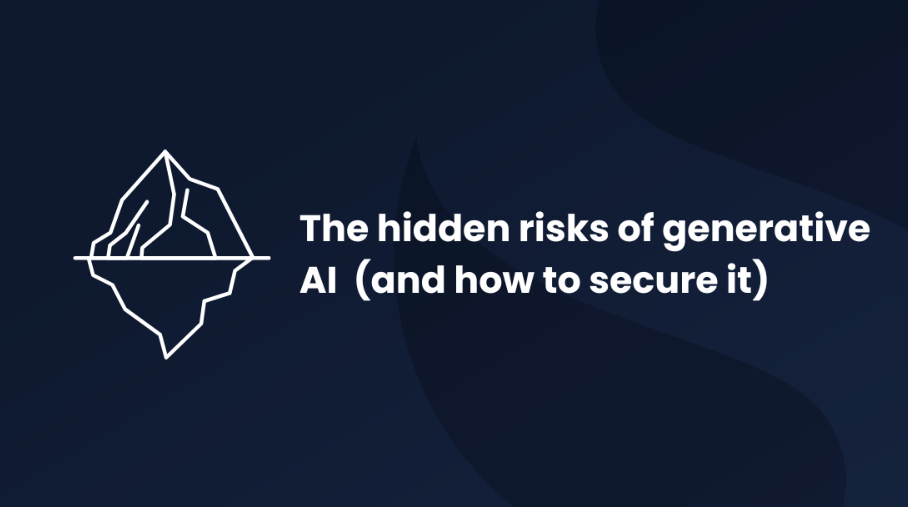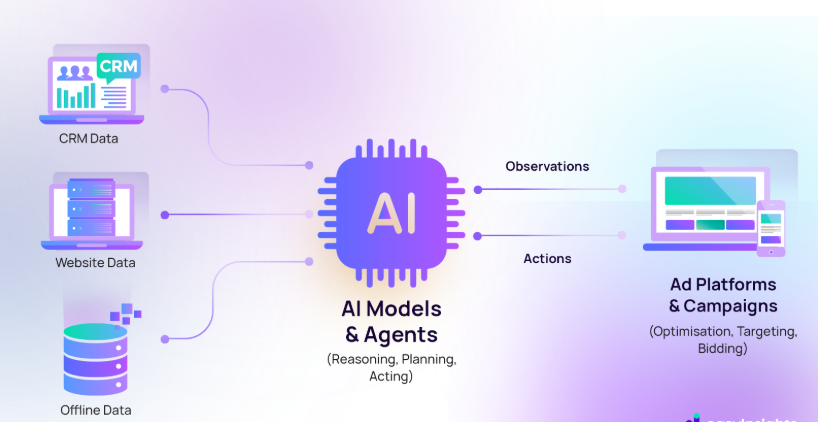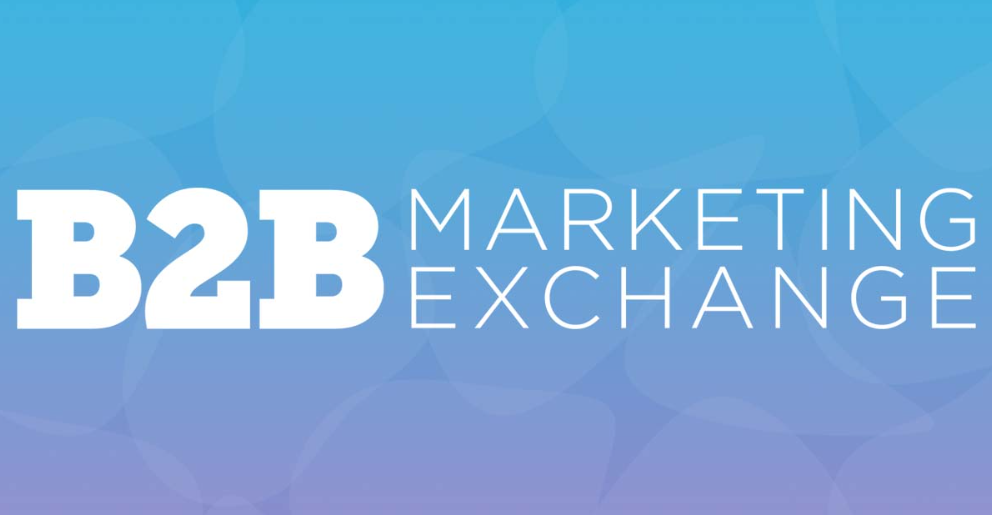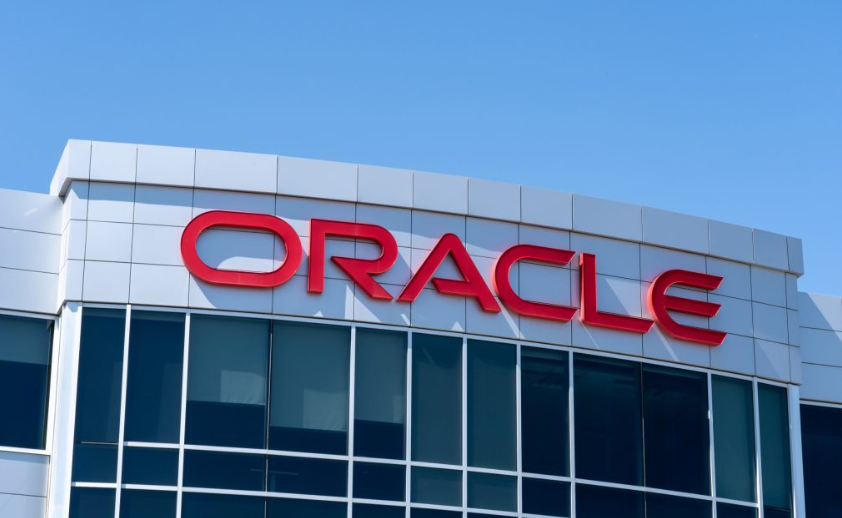Two forces are converging to redefine B2B marketing: the rise of generative AI and the need to combat disinformation. This combination will test every brand’s resilience and integrity.
- Why It Matters
Generative AI offers incredible speed and scale but creates risks when content accuracy is compromised. At the same time, disinformation—intentional or not—erodes trust. In B2B, where credibility drives decisions, brands must balance innovation with vigilance.
- What It Means
Dynamic AI tools can now create landing pages, emails, and social posts in seconds. While this unlocks efficiency, it also increases the chance of publishing errors or biased language. Meanwhile, malicious actors can weaponize AI to generate convincing misinformation campaigns that target your customers and partners.
- B2B Use Cases
A company launching in new regions might use AI to produce localized collateral faster than ever. But without rigorous oversight, translations or claims can be inconsistent or misleading. Simultaneously, competitors or fraudsters could circulate AI-generated counterclaims or doctored content to sow doubt.
- Strategic Considerations
Brands should implement content authentication protocols, such as digital watermarks or blockchain verification, to prove content origins. They must also train teams to prompt AI carefully and validate outputs before publishing. Finally, marketing leaders need to build policies that clarify when and how AI-generated content is disclosed to audiences.
- Risks & Mitigations
One danger is AI hallucination—factual errors that appear credible. Another is reputational damage if disinformation goes unchallenged. Brands must invest in monitoring tools and set up rapid response plans to correct false narratives proactively.
Conclusion:
The future of marketing requires both speed and integrity. The brands that lead will be those that innovate responsibly and communicate transparently.






